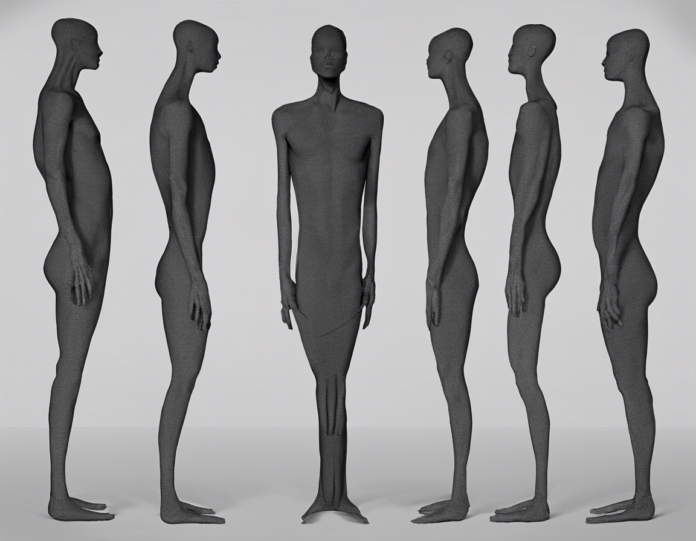What Has A Neck But No Head
Have you ever heard a riddle that made you stop and think for a moment? Riddles are a fun way to challenge your mind and think outside the box. One classic riddle that often stumps people is, “What has a neck but no head?”
The answer to this riddle is a bottle. A bottle indeed has a neck where you can pour out its contents, but it does not have a head like a human or animal would. This simple yet tricky riddle plays on the different meanings of these words and how we typically associate them with living creatures.
Let’s delve deeper into the world of riddles and explore some more perplexing brain teasers that will keep you guessing.
The Fun of Riddles
Riddles have been a part of human culture for centuries, dating back to ancient civilizations where they were used for entertainment, education, and even to pass secret messages. The allure of riddles lies in their ability to make us think critically, use our imagination, and see things from a different perspective.
When we hear a riddle, our brains immediately start working to decipher the hidden meaning or solve the puzzle. Riddles can be a form of mental exercise, helping to improve our cognitive abilities, memory, and problem-solving skills.
More Mind-Boggling Riddles
Let’s explore a few more riddles to challenge your wits and tickle your brain:
1. I speak without a mouth and hear without ears. I have no body, but I come alive with the wind. What am I?
Answer: An echo. Echoes are sound reflections that can be heard in empty spaces like caves or mountains.
2. The more you take, the more you leave behind. What am I?
Answer: Footsteps. The more you walk and take footsteps, the more you leave behind in the form of footprints.
3. I am taken from a mine and shut up in a wooden case, from which I am never released, and yet I am used by almost every person. What am I?
Answer: Pencil lead. Pencil lead is made from graphite mined from the earth and is encased in wood in a pencil, never to be released but used for writing.
4. I have keys but open no locks. I have space but no room. You can enter, but can’t go outside. What am I?
Answer: A keyboard. Keyboards have keys for typing, space between the keys, and you can enter information but can’t physically go outside of the keyboard.
The Art of Riddle-Making
Crafting a good riddle requires creativity, wordplay, and the ability to deceive the listener’s mind. Riddle-makers often use ambiguity, puns, metaphors, and double meanings to lead the listener down the wrong path before revealing the clever twist at the end.
Riddles can vary in complexity, from simple one-liners to elaborate storytelling riddles that require careful attention to detail. Some riddles rely on common knowledge, while others test specific skills or cultural references.
FAQs About Riddles
1. What is the purpose of riddles?
Riddles serve various purposes, including entertainment, education, cognitive development, and social bonding. They challenge our thinking patterns and provide a fun way to exercise our brains.
2. How can I improve my riddle-solving skills?
To improve your riddle-solving skills, practice solving different types of riddles regularly, pay attention to details, think creatively, and don’t be afraid to think outside the box.
3. Are there different categories of riddles?
Yes, riddles can be categorized into logic riddles, math riddles, language riddles, lateral thinking riddles, and more. Each category tests a different aspect of problem-solving and creativity.
4. Can riddles be found in different cultures?
Yes, riddles are a universal form of entertainment and are found in various cultures around the world. Different cultures may have their unique styles of riddles based on their language, traditions, and history.
5. Are riddles just for fun, or do they have any educational benefits?
While riddles are enjoyable and entertaining, they also offer several educational benefits. They can enhance critical thinking, improve language skills, boost memory retention, and foster creativity and lateral thinking.
Riddles continue to captivate people of all ages, from children solving rhyming riddles to adults tackling complex brain teasers. The next time you come across a riddle, take a moment to appreciate the cleverness and creativity behind it, and enjoy the thrill of deciphering its hidden message.

